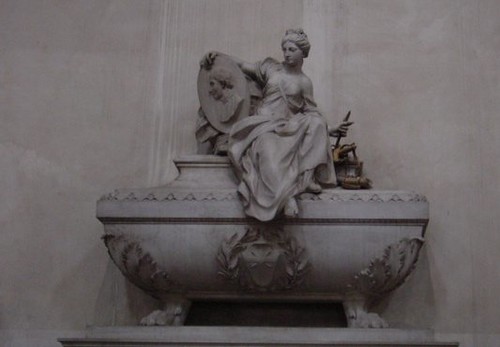Should leaders be nice or tough?
.
There’s no easy answer — you need to be a bit of both. From research covered at Kellogg:
“Do nice guys finish last?” Livingston ruminates. “In competitive contexts, the answer is often yes. The reason that they finish last is because being nice, contributing costly resources to the group, acts of generosity—these all increase your prestige. Other people admire you and say, ‘Oh, that’s really great. This is a kind person who’s doing all these wonderful things.’ But it decreases your dominance. It makes you look not so tough.”
“Altruism is a double-edged sword,” he says. “On the one hand, generous individuals are admired for their kindness, compassion, and willingness to help. On the other hand, they may be perceived as feeble ‘bleeding hearts’ who lack the guts to make tough decisions that might advance the goals of the organization.”
Taken at face value, the study’s results paint a pretty dim picture of our leaders. But things are not as bleak as they suggest. While dominance may be a defining trait of many leaders, people do pay attention to prestige as well. “Prestige and dominance are not mutually exclusive,” Livingston says.
“If you’re too soft—no matter how competent and able you are—people may not respect your authority. But if you only have dominance and you don’t have great ideas, and you use force to stay in power, then people will resent you,” he concludes. “Being successful as a leader requires one to have both dominance and prestige.”
Join 25K+ readers. Get a free weekly update via email here.
Related posts:
How can you tell when the boss is lying?




